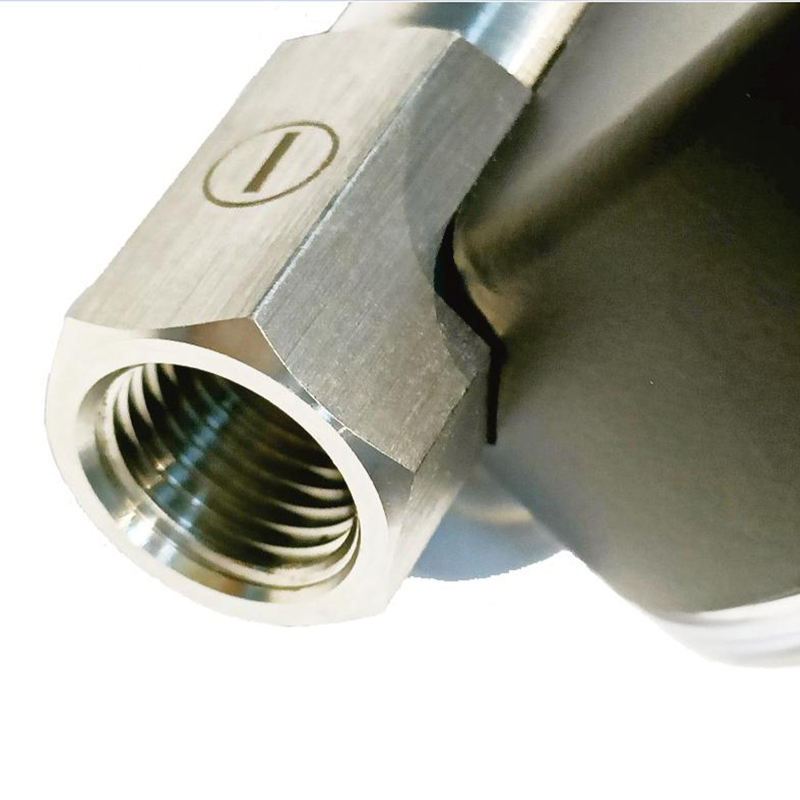
Nov . 12, 2024 20:29 Back to list
differential pressure gauge accuracy
Understanding Differential Pressure Gauge Accuracy
Differential pressure gauges are essential instruments used in various industrial applications to measure the difference in pressure between two points. Their accuracy is crucial, as it directly impacts system performance, efficiency, and safety. Understanding the factors that influence the accuracy of these gauges can help users make informed decisions and ensure optimal operational conditions.
Differential pressure gauges operate on the principle of measuring the difference between two pressure readings. They are commonly used in processes such as filtration, liquid level measurement, and flow measurement. The accuracy of these gauges is typically specified by the manufacturer and is often expressed as a percentage of the full-scale reading. For instance, a gauge with an accuracy of ±1% means that the actual reading can vary by 1% from the true pressure difference.
Several factors can influence the accuracy of differential pressure gauges. One primary factor is the gauge's design and construction. Different types of differential pressure gauges, such as mechanical, electronic, or smart gauges, have varying degrees of precision. Mechanical gauges, for instance, may be less accurate than electronic models, particularly under fluctuating conditions. Additionally, the materials used in construction can affect durability and reliability, contributing to overall accuracy over time.
differential pressure gauge accuracy

Environmental conditions also play a significant role in the accuracy of differential pressure gauges. Variations in temperature, humidity, and even vibration can lead to measurement deviations. For example, when temperatures fluctuate significantly, the materials of the gauge may expand or contract, impacting the pressure readings. Proper installation and calibration in stable environments can help mitigate these effects.
Another important aspect to consider is the maintenance of differential pressure gauges. Regular calibration and servicing are necessary to ensure that the gauges maintain their specified accuracy. Over time, components can wear out or become contaminated, leading to erroneous readings. Periodic checks against known standards help in identifying deviations and restoring the gauge to its accurate state.
Installation practices are equally critical to gauge performance. Incorrect installation, such as improper alignment or exposure to excessive vibration, can lead to inaccurate readings. It is essential to follow the manufacturer's guidelines for installation and ensure that the gauge is suitable for the specific application and environment in which it will be used.
In conclusion, the accuracy of differential pressure gauges is vital for reliable measurements that impact industrial processes. By understanding the factors that affect gauge performance, including design, environmental conditions, maintenance, and installation, users can ensure that their instruments deliver precise and reliable readings. Investing in high-quality gauges and adhering to best practices will result in improved system efficiency and enhanced safety across industrial applications.
-
Micro Differential Pressure Gauges High-Precision & Compact Solutions
NewsMay.20,2025
-
Pressure Gauges with Diaphragm Seals High-Accuracy & Corrosion-Resistant
NewsMay.20,2025
-
Capillary Type Differential Pressure Gauge Precision Measurement Solutions
NewsMay.19,2025
-
Diaphragm Seal Pressure Gauges High Accuracy & Corrosion Resistance
NewsMay.19,2025
-
Pressure Gauge with Diaphragm Seal & Manifold Reliable Industrial Solutions
NewsMay.18,2025
-
Digital Differential Pressure Gauge Price Precision Sensors & Best Deals
NewsMay.18,2025
